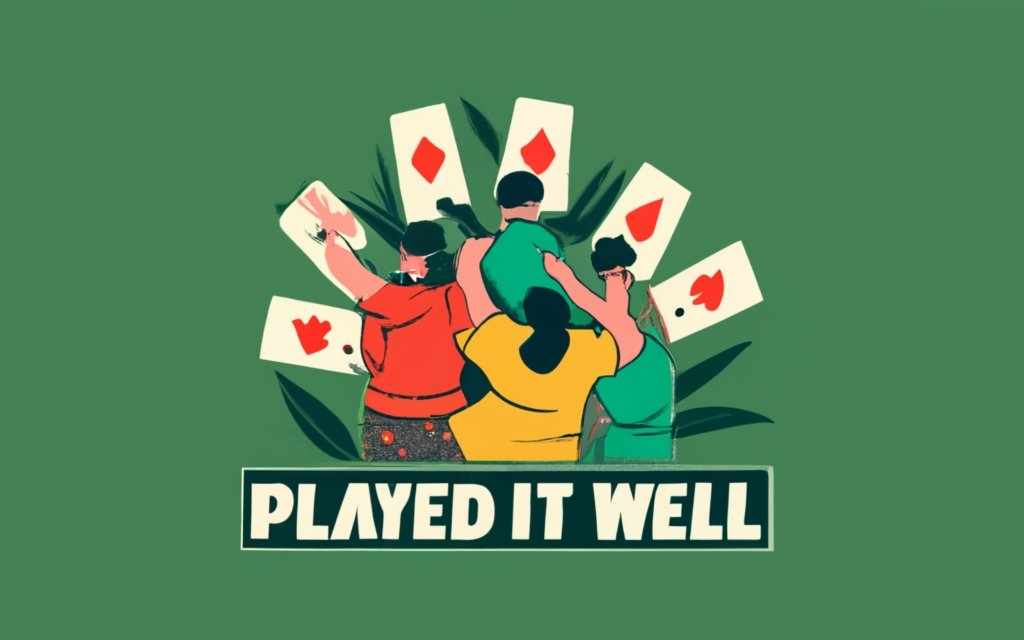So, you’re curious about California’s sexting laws, huh? Well, buckle up because we’re about to take a deep dive into this controversial topic. In a world where technology reigns supreme and communication has taken a digital turn, sexting has become a widespread phenomenon among individuals of all ages. But what exactly does the law say about it in the Golden State? We’ll explore the legal consequences, age restrictions, and potential penalties that can arise from engaging in this risqué behavior.
Definition of Sexting
Sexting refers to the act of sending or receiving sexually explicit messages, images, or videos through electronic communication devices such as smartphones, computers, or tablets. This can include explicit text messages, nude photographs, or explicit videos shared consensually between individuals. While sexting can be a way for adults to engage in consensual sexual expression, it can have serious legal implications when involving minors.
Legal Age of Consent
Age of Consent in California
The age of consent in California is 18 years old. This means that individuals under the age of 18 are considered minors and are not legally able to give informed consent to engage in sexual activities. It is important to understand this legal framework when discussing sexting, as it directly impacts the potential criminal charges that can arise from the creation, possession, and distribution of explicit material involving minors.

This image is property of images.unsplash.com.
Child Pornography Laws
Creation, Possession, and Distribution of Child Pornography
California, like many other states, has stringent laws against the creation, possession, and distribution of child pornography. Under California Penal Code Section 311, it is illegal to:
- Create explicit material involving a person under the age of 18
- Possess explicit material involving a person under the age of 18
- Distribute explicit material involving a person under the age of 18
These laws are in place to protect the well-being and privacy of minors, recognizing that they are unable to give consent to engage in explicit activities or have their explicit content shared without their knowledge and consent.
Potential Criminal Charges
Engaging in activities that violate child pornography laws can lead to serious criminal charges. In California, individuals who create, possess, or distribute explicit material involving minors may face charges such as child pornography, distribution of child pornography, or even sexual exploitation of a minor. These charges carry severe penalties, including imprisonment, fines, and mandatory registration as a sex offender.
California Sexting Laws and Penalties for Minors
Sending or Receiving Explicit Material
Under California law, it is illegal for minors to send or receive sexually explicit material. While the exact penalties can vary depending on the circumstances, minors who engage in sexting may face consequences such as juvenile probation, mandatory counseling, community service, or even placement in a juvenile detention center.
Possessing or Distributing Explicit Material
Minors who possess or distribute sexually explicit material, even if it is their own or consensually shared between peers, can also face legal consequences. The severity of these consequences depends on various factors such as the age of the individuals involved, the nature of the material, and the intent behind its possession or distribution.

This image is property of images.unsplash.com.
Sexting and Consent in California
Understanding the Concept of Consent in Sexting
Consent is a crucial element in any form of sexual activity, including sexting. However, it is important to note that minors under the age of 18 are not legally able to give informed consent to engage in explicit activities, including sexting. Even if both parties involved in sexting are minors, the law recognizes that they do not have the capacity to fully understand the potential consequences and legal implications of their actions.
Consent Laws for Explicit Material
California law acknowledges that the possession and distribution of explicit material involving minors is a violation of their privacy and consent. Therefore, even if a minor may have initially consented to the creation or sharing of explicit material, they may still bring legal action against the other party for violating their consent by possessing or distributing the material without their ongoing consent.
Educational Programs and Consequences for Minors Involved in Sexting
Providing Education on Sexting Consequences
Recognizing the potential harm and legal consequences of sexting involving minors, educational programs have been implemented to raise awareness among young individuals. These programs aim to provide comprehensive information about the legal implications, potential criminal charges, and emotional repercussions of engaging in sexting activities. By educating minors about the risks, these programs encourage them to make informed decisions and avoid engaging in such behaviors.
Consequences for Minors Involved in Sexting
Minors who are involved in sexting incidents can face both legal and non-legal consequences. Legal consequences can include criminal charges, as discussed earlier, while non-legal consequences may include damage to personal relationships, reputation, and mental health. It is crucial for parents, educators, and authorities to address these incidents with empathy and provide appropriate support and guidance to help minors navigate the aftermath of sexting incidents.
This image is property of images.unsplash.com.
Implications of Sexting for Adults in California
Possessing Explicit Material of Minors
In California, it is illegal for adults to possess explicit material involving minors. Even if an adult is not directly involved in the creation or distribution of such material, being in possession of it is considered a serious offense. Adults found to be in possession of explicit material involving minors may face criminal charges, including possession of child pornography or even sexual exploitation of a minor.
Distribution of Explicit Material Involving Minors
Similarly, adults who distribute explicit material involving minors can face serious legal consequences. Whether the distribution is for personal gain or not, the act of sharing explicit material of minors is considered a violation of child pornography laws. This behavior is taken very seriously by law enforcement, and those found guilty may face imprisonment, fines, and mandatory registration as a sex offender.
Preventing Sexting Incidents and Promoting Digital Responsibility
Parental Guidance and Digital Responsibility
Parents play a crucial role in preventing sexting incidents involving their children. By providing guidance, open communication, and setting clear boundaries, parents can help educate their children about the potential risks and consequences of engaging in sexting. It is important for parents to have open conversations about digital responsibility, including the importance of respecting others’ privacy and boundaries.
Educating Minors about the Risks of Sexting
In addition to parental guidance, it is essential to educate minors about the risks of sexting in schools and other educational settings. Comprehensive sex education programs should include discussions about the potential legal implications, emotional consequences, and ways to navigate healthy relationships in the digital age. By providing this education, we can empower young individuals to make responsible decisions regarding their digital interactions and understand the potential harm associated with sexting.
Reporting and Legal Actions
Reporting Sexting Incidents Involving Minors
If parents or individuals become aware of a sexting incident involving minors, it is important to report it to the appropriate authorities. This can include notifying law enforcement, school administrators, or child protective services. Reporting these incidents ensures that appropriate action is taken to protect the well-being and safety of the minors involved. It is crucial to prioritize the welfare of the individuals affected while respecting their privacy throughout the legal process.
Legal Actions and Investigations
Once a sexting incident involving minors is reported, law enforcement and other relevant agencies will likely launch an investigation to gather evidence and determine if any criminal charges need to be pursued. It is important for individuals involved to cooperate fully with the investigation, including providing any evidence or information requested by the authorities. The legal process aims to hold accountable those who have violated the law while ensuring the protection of the rights and welfare of all parties involved.
Tips for Navigating California Sexting Laws
Discussing Sexting Laws with Minors
One way to navigate California’s sexting laws is to have open and honest conversations with minors about these laws. Educating them about the legal implications, consequences, and potential risks can help them make informed decisions and understand the seriousness of engaging in sexting. By fostering an environment of trust and understanding, adults can support minors in making responsible choices.
Seeking Legal Advice When Unsure
If there are doubts or uncertainties regarding the legality of any actions related to sexting, it is important to seek legal advice. Consulting with an attorney who specializes in criminal law or minors’ rights can provide clarity and guidance. It is better to err on the side of caution and ensure compliance with the law rather than face potential legal consequences later.
In conclusion, sexting in California carries significant legal implications, especially when involving minors. It is crucial to understand the age of consent, child pornography laws, and the potential consequences for both minors and adults. Education, support, and open communication are essential in preventing sexting incidents, promoting digital responsibility, and navigating the complex legal landscape. By working together, we can protect the well-being of individuals, particularly minors, and foster a safer digital environment for all.



